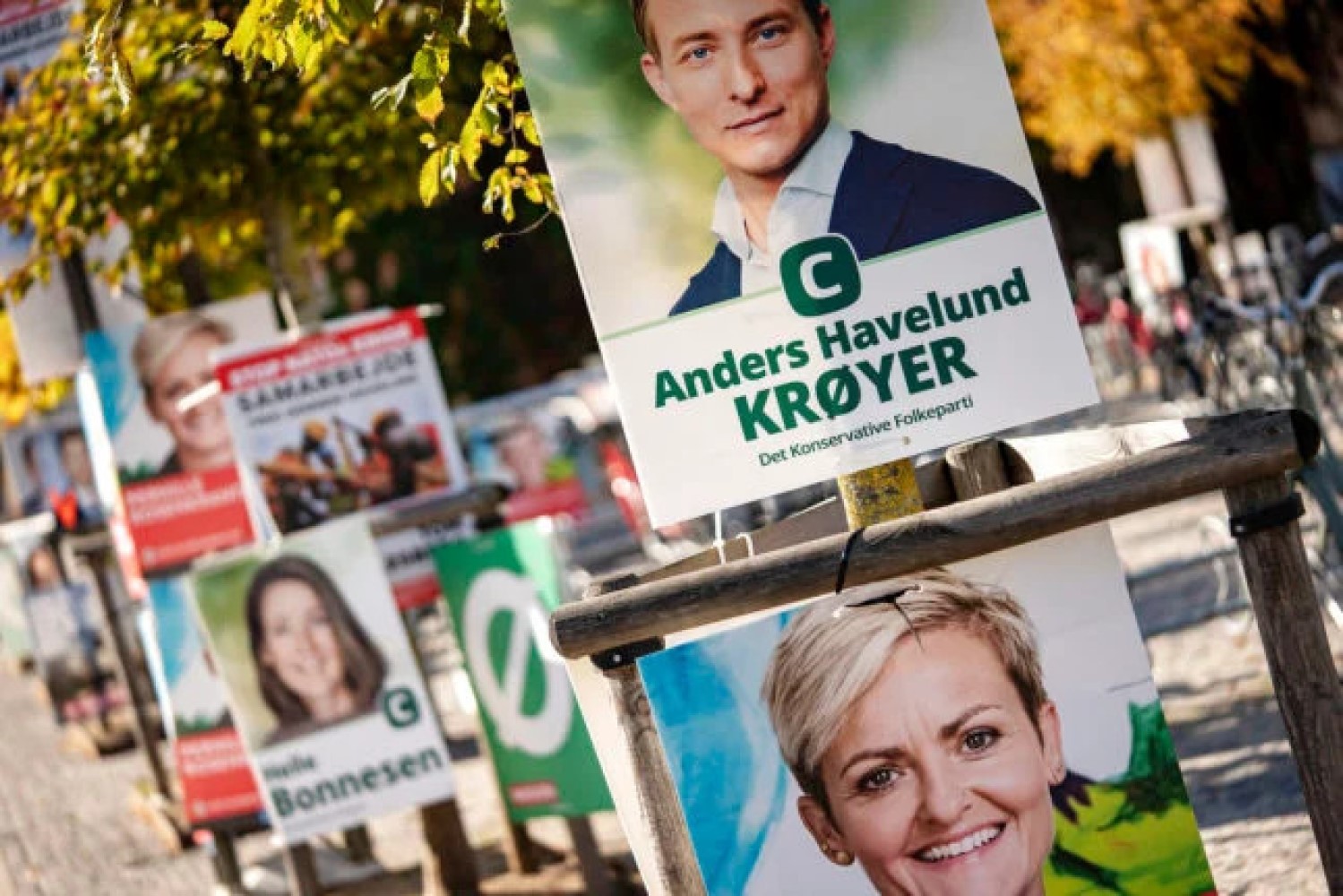

Danes will head to the polls today in an election called only a month ago by center-left Prime Minister Mette Frederiksen.
Frederiksen currently heads a minority government and now seeks a mandate for a broad centrist coalition—lead by her Social Democratic Party—to steer the country through a deteriorating environment of national security and economic woes. The election will also serve as referendum on the government’s handling of COVID-19 and Russian aggression.
Denmark was at the center of the recent sabotage of the two nearby Nord Stream pipelines. Copenhagen supports additional NATO military deployment along Russian borders. A member of both NATO and the EU, Denmark only recently joined the EU’s Common Security and Defense Policy, following Russia’s invasion of Ukraine.
The new government, which may face lengthy coalition negotiations before taking office, will be confronted with tough decisions on matters of national security and increasing economic instability. The two major opposition parties—the Conservative Party and Liberal Party—preemptively rejected a coalition with the Social Democrats. Even if Frederiksen gains additional support by the electorate, the Social Democrats currently hold less than a third of seats in parliament, making the prospect of governing alone highly unlikely.
David is a Senior Analyst focusing on East Asia. He primarily writes on economic, political, and social issues and how they relate to the geopolitical environment.

